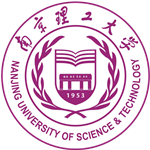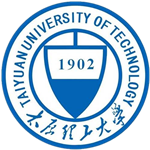About Nanjing University of Information Science & Technology
NUIST has a complete higher education system with undergraduate, postgraduate, doctoral programs as well as post-doctoral research centers. The four disciplines of Geo-science, Engineering, Computer Science and Environmental Science and Ecology have entered top 1% ESI international discipline rankings. The discipline of Atmospheric Science ranks No. 1 in the national discipline evaluation conducted by the Ministry of Education of China successively and enjoys a distinguished reputation throughout the world. In recent years, on the basis of advantageous subjects, NUIST has established a harmonious discipline system of atmospheric science, marine science, information science, environmental science, management and basic science.
Characteristic Discipline
The discipline of Atmospheric Science of NUIST was established in 1960 for the demand of meteorology cause of New China. It enrolled postgraduate students in 1978 and in 1981, it was approved to confer the first batch of master’s degrees. In 1993, it was approved to confer doctoral degree. In 1999, a postdoctoral research center was established in the high-level discipline of Atmospheric Science. In 1988, the sub-discipline of Meteorology and Climatology under the discipline of Atmospheric Science was also designated as a key discipline by China Meteorological Administration. Meteorology was designated as a national key discipline in 2001. In 2006, it passed the National Key Discipline Assessment of the Tenth Five-Year Plan and was granted National Key Discipline of the 11thFive-Year Plan in 2007. In 2012, the discipline of Atmospheric Science ranked No. 1 in the third round of university discipline evaluation organized by the Ministry of Education of China. In 2017, the discipline of Atmospheric Science became a “Double First-class” construction discipline, and won the “A+” grade in the fourth round of university discipline evaluation conducted by the Ministry of Education.
At present, NUIST has 6 doctoral programs, namely, Atmospheric Science, Environmental Science and Engineering, Information and Communication Engineering, Management Science and Engineering, Mathematics and History of Science and Technology. Besides, there are 22 master programs and 13 professional master programs.
Campus Scenery
.jpg)
.jpg)
.jpg)
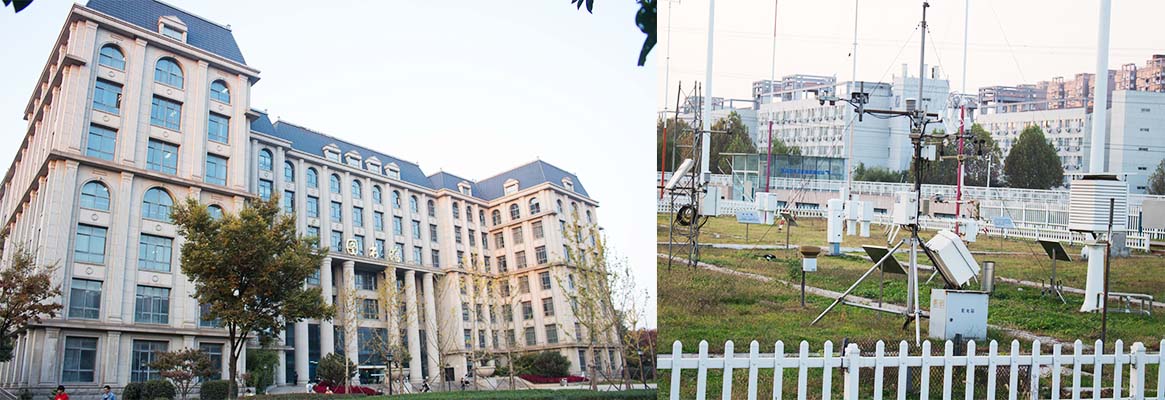
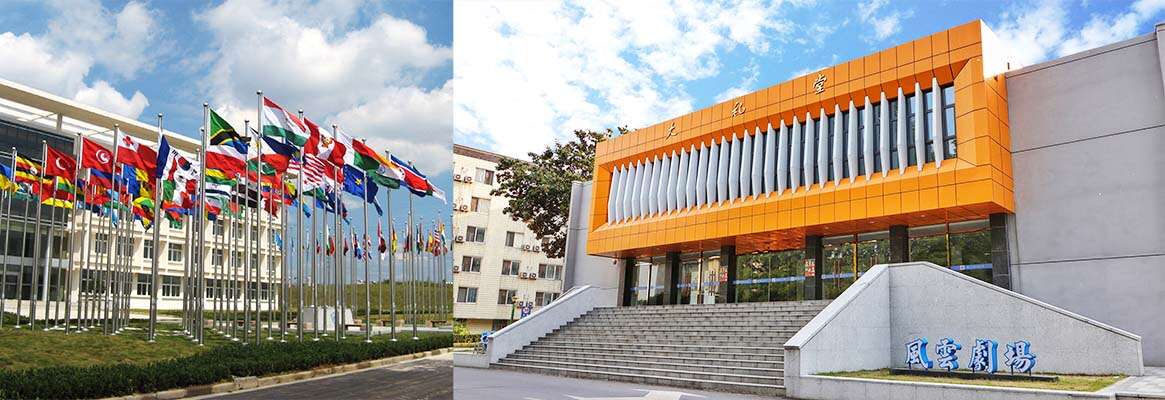
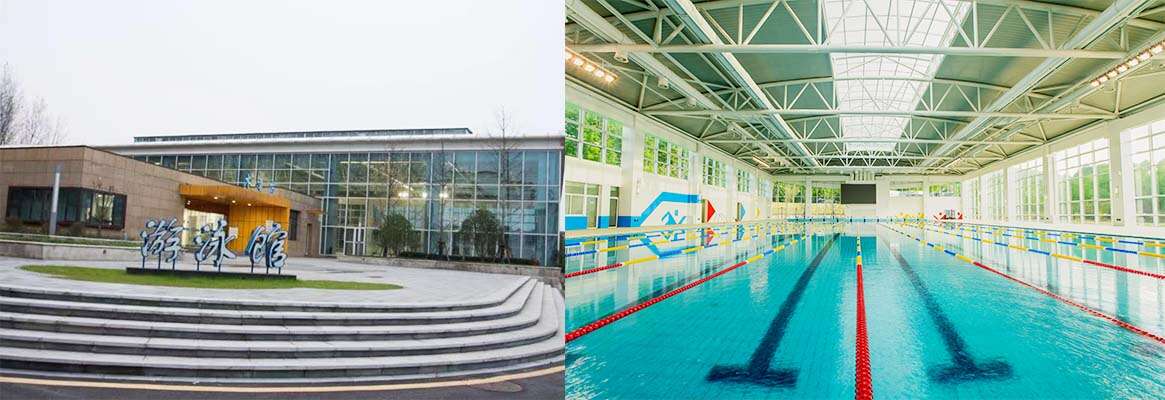
Accommodation conditions


Learning and activities
.jpg)
By April 2020, the university has more than 1700 full-time teachers, including 2 academicians of the Chinese Academy of Sciences, 14 overseas academicians, 1 distinguished professor of the talent support plan of the Ministry of education, 8 national outstanding young people, 4 leading talents of the 10000 person plan, 11 chief scientists of national key R & D projects, 6 million talent projects, 18 “four young” talents such as excellent young people, There are more than 50 national level talents, more than 480 provincial and ministerial level talent projects and famous teachers, and 28 provincial and ministerial level teaching and scientific research teams such as the first batch of Huang Danian style teacher team and Jiangsu innovation and entrepreneurship team. Among the full-time teachers, 84.9% have a doctoral degree and 65.62% have more than one year of overseas research experience.
NUIST was formerly the Meteorology College of Nanjing University,[7] was established in 1960 by the China Meteorological Administration, then changed the name into Nanjing Institute of Meteorology in May, 1963. NUIST is the oldest institution of higher learning of meteorology science in China.
The administration of NUIST was handed over from China Meteorological Administration to Jiangsu province in February, 2000. Its present name of Nanjing University of Information Science and Technology (NUIST) was adopted in May, 2004 with authorization by Jiangsu Government and the Ministry of Education of PRC.
The university is particularly well-known in China for renaming old and established departments to new ones to cash on sensation and hype. Following the Facebook’s change of its name to Meta in a major rebranding, China saw a surge of interest in metaverse. In 2022, NUIST, with no known strengths in metaverse or 3D games, renamed its Department of Information Engineering to the Department of Metaverse just to become China’s “first metaverse institution.” The critics argued it to be an attempt to cash on sensation and hype.[8][9] The move was criticised by China Daily, the country’s leading English newspaper, who argued that “the education and research of these departments with fashionable names are no different from before.”
NUIST offers Associate, Bachelor, Master and Doctorate degree programs in areas including Atmospheric Science, Environmental Science, Engineering, management, literature, economics, laws and agriculture. It is a Chinese Ministry of Education Double First Class Discipline University, with Double First Class status in certain disciplines. Before 2004 some students were free of tuition if they agreed to work for China Meteorological Administration when entering the school and they will start to work for CMA by the fourth year of school while possible getting credentials as well.
At Autumn 2013 more than 200 foreign students from 43 countries were studying at NUIST.
- Binjiang College
- College of Adult Education
- College of English Department
- Technical College for Professional Training
- Reading Academy
- School of Business
- Yue Jiang Academy
- Foreign Languages Department
- College of International Education – CIE (for foreign students)
- Department of Atmospheric Science
- Department of Mathematics and Statistics
- Department of Applied Meteorological Science
- Department of Physics and Optoelectronic Engineering
- Department of Computer Science and Technology
- Department of Electronic Engineering
- Department of Law
- Department of Public Administration
- Department of Environmental Science and Engineering
- Department of Economics and Trade
- Department of Spatial Information Science
- Department of Information Management
- Department of Information and Communications Technologies
- Department of Chinese Language and Literature
- Department of Resource, Environment and City-rural Planning



